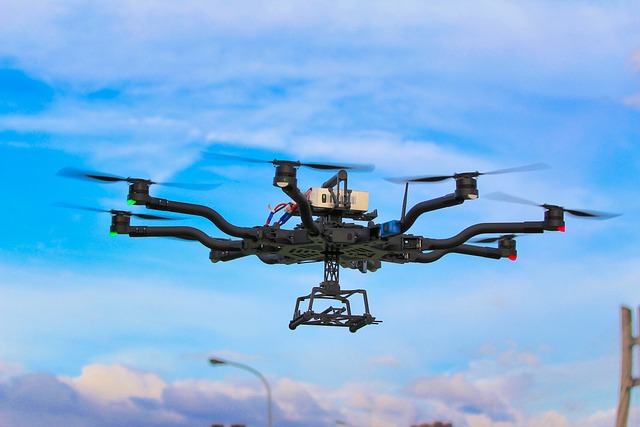
Smart transportation involves contemporary technologies applied to transportation infrastructures. These systems enhance the safety, efficiency and sustainability of transport infrastructures. This technology is based on intelligent systems. They facilitate traffic management and control, speed cameras, as well other useful functions. These benefits include convenience, security, time savings, and increased security.
The Smart Transportation Market is a global industry that addresses the needs of travelers and residents. Its key segments are Transportation, Service, and Region. The market's growth will be driven in part by the increasing demand from consumers for new and better services. Many countries have started to deploy smart transportation systems. Cisco Systems, together with IBM, SAP and Thales, is a key player in this market.
Traffic congestion has been a significant concern for many years. Because of the increasing number of cars on the roads, congestion is a major concern. Smart transportation systems are being developed to manage increased traffic. These systems can reduce congestion, prevent accidents and save time. Intelligent systems enable travellers to better comprehend traffic and take full advantage of transport options.

Smart Transportation Market, a growing industry, is attracting the attentions of the insurance, telecom, and automotive industries. This system offers the potential to reduce oil consumption, greenhouse gases emissions, and pollution.
A key component of Smart Growth is the increase in transportation options. There are many avenues for optimizing transportation, including automated private and government vehicles and real time data. For example, automated private and public vehicles can reduce the number of accidents, reduce fuel consumption, and optimize the fluidity of traffic. As with all innovations, there are hurdles that must be overcome. Some of these hurdles are organizational, cultural, and legal.
Autonomous freight transit can reduce the need for long-haul truckers and increase the efficiency of the supply chain. Another important benefit of autonomous systems is their ability to provide quality service and maintain or decrease emissions.
The convenience of smart parking management systems is also a great benefit. They can book parking spots in advance, make cashless payments and even provide secure vehicles. Parking companies can also make use of the data collected by intelligent systems.

An advanced fiber optic network project by the Pennsylvania Turnpike Commission is an important step toward a more intelligent transportation system. It will enable All-Electronic Tolling as well as provide connectivity between administrative buildings. This project will also facilitate the implementation of traveler info systems.
Sensors and smart devices can collect a lot of data. These systems collect information about weather, traffic conditions, and pedestrian locations. These data then are processed and used in updating maps and other transport data. These systems inform the DOT about road conditions.
Other advances in smart transportation have focused on individual vehicle capabilities. Hybrid and electric-powered vehicles, for example, combine small batteries and motors. Solar photovoltaic cells make the car stronger, more efficient, and more powerful. Embedded sensors and microprocessors are also present on smart roads.